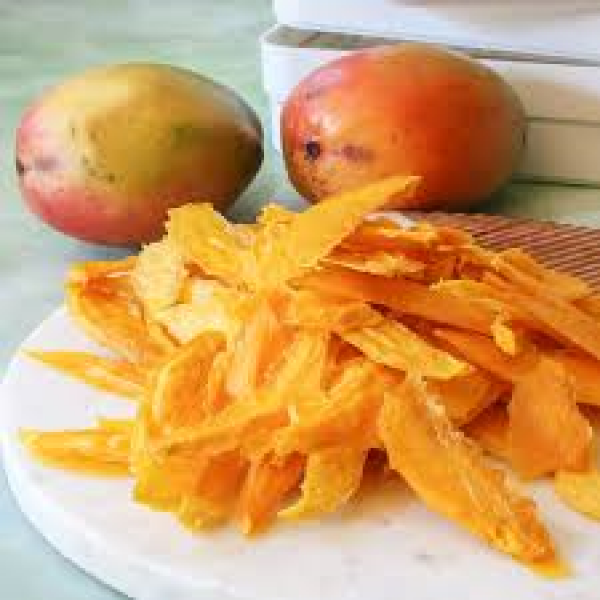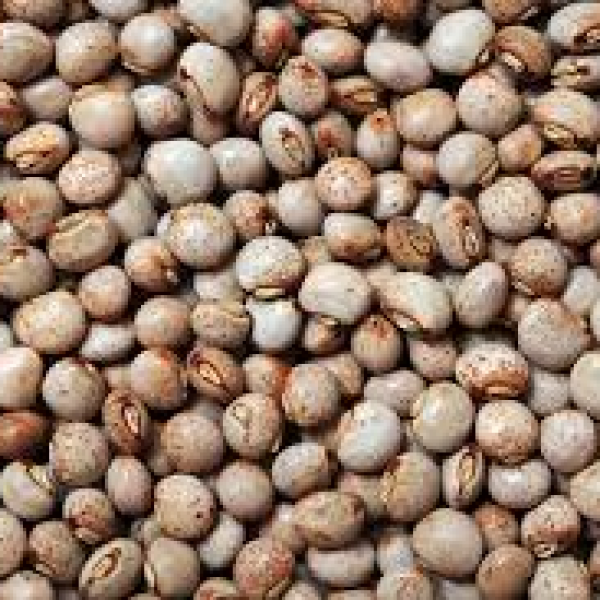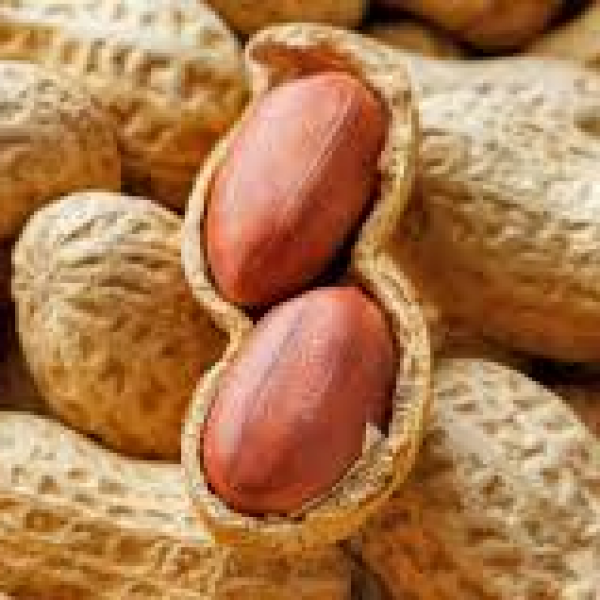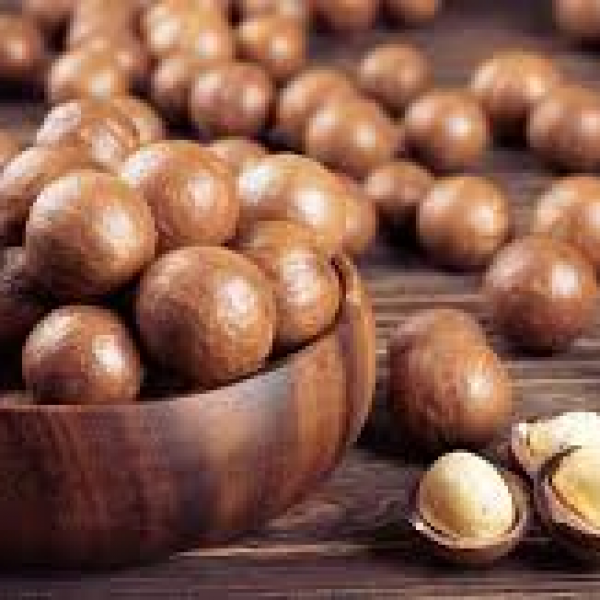Export Opportunities
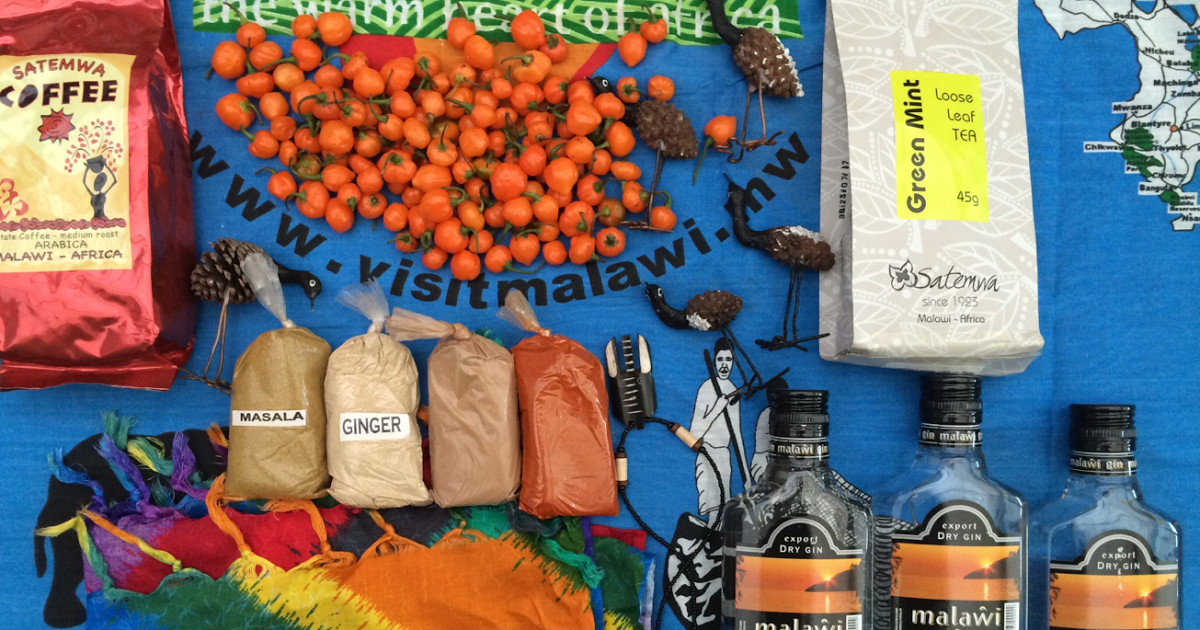
Trading Environment
Trade in Malawi is liberalized with an import or export licenses required only for a few products where security and health concerns are relevant. Malawi is a party to a number of bilateral, regional and multilateral trade arrangements which are intended to facilitate trade.
The major trade arrangements are with the World Trade Organization (WTO), European Union under Everything but Arms (EBA), Southern Africa (COMESA and SADC). Apart from the WTO, these trade arrangements offer preferential treatment on goods originating from Malawi. In addition, Malawi is also a beneficiary of the Africa Growth and Opportunity Act (AGOA) under which exports to the US enjoy duty and quota free status. Malawi also has functional trade agreements with other countries such as China, Zimbabwe, Japan, South Africa and Malaysia.
Chili Sauce
It is one of the popular products that Malawi produces for both the regional and export markets. The sauces are marketed in different flavors suitable for a variety of dishes. Currently chili sauce is exported to South Africa, Germany and the United Kingdom.
Cotton
It is traditionally an important cash crop in Malawi and supports over 200,000 farming families. To boost its production for export, government has set aside funds to enable farmers access farm inputs. It is projected that production could easily reach 100,000 tones as a result of an increased uptake, investment and yields.
Pulses
They comprise beans, chick peas, pigeon peas, and ground beans, black and green grams. Some of the pulses are used as a basic ingredient for dhal an important source of protein and a delicacy for people of Asia origin. Pulses are a substitute for animal meat.
Wheat
It is important crop both for cash and food. It is grown mostly under residue moisture and rainfall showers in selected areas of the country. The demand for wheat is high. Current production is around 4,605 tones per annum while total grain requirement is estimated at around 30,000 tones.
Vegetables
Vegetables are a source of mineral salts and vitamins. Favorable climatic conditions make it possible to grow vegetables widely in the country. Despite this, vegetables are in short supply during certain times of the year. The erratic supply of vegetables creates a shortfall which necessitates the country to import vegetables from neighboring countries such as South Africa particularly foe exotic vegetables. The most common varieties grown in Malawi and which have export potential are; French beans, okra, tomatoes, onions, asparagus, baby cabbages, eggplants, lettuce, sweet corn and mushroom (oyster and bottom).
The major trade arrangements are with the World Trade Organization (WTO), European Union under Everything but Arms (EBA), Southern Africa (COMESA and SADC). Apart from the WTO, these trade arrangements offer preferential treatment on goods originating from Malawi. In addition, Malawi is also a beneficiary of the Africa Growth and Opportunity Act (AGOA) under which exports to the US enjoy duty and quota free status. Malawi also has functional trade agreements with other countries such as China, Zimbabwe, Japan, South Africa and Malaysia.
Chili Sauce
It is one of the popular products that Malawi produces for both the regional and export markets. The sauces are marketed in different flavors suitable for a variety of dishes. Currently chili sauce is exported to South Africa, Germany and the United Kingdom.
Cotton
It is traditionally an important cash crop in Malawi and supports over 200,000 farming families. To boost its production for export, government has set aside funds to enable farmers access farm inputs. It is projected that production could easily reach 100,000 tones as a result of an increased uptake, investment and yields.
Pulses
They comprise beans, chick peas, pigeon peas, and ground beans, black and green grams. Some of the pulses are used as a basic ingredient for dhal an important source of protein and a delicacy for people of Asia origin. Pulses are a substitute for animal meat.
Wheat
It is important crop both for cash and food. It is grown mostly under residue moisture and rainfall showers in selected areas of the country. The demand for wheat is high. Current production is around 4,605 tones per annum while total grain requirement is estimated at around 30,000 tones.
Vegetables
Vegetables are a source of mineral salts and vitamins. Favorable climatic conditions make it possible to grow vegetables widely in the country. Despite this, vegetables are in short supply during certain times of the year. The erratic supply of vegetables creates a shortfall which necessitates the country to import vegetables from neighboring countries such as South Africa particularly foe exotic vegetables. The most common varieties grown in Malawi and which have export potential are; French beans, okra, tomatoes, onions, asparagus, baby cabbages, eggplants, lettuce, sweet corn and mushroom (oyster and bottom).
Malawi produces a wide range of export products with tobacco, tea and sugar as the traditional export products accounting for over 80% of Malawi’s domestic exports. However, as a result of export diversification, a number of non-traditional products have been developed for export. These non-traditional products fall into three categories namely, agriculture, manufactured and other products. Agriculture still remains the mainstay of the country’s economy.
Export Opportunities:
Export opportunities for some selected products are listed below:
Tobacco
Tobacco is Malawi’s economic bedrock and the country’s biggest foreign exchange earner, accounting for 60 percent of the total domestic export revenue. Malawi’s Tobacco is also renowned for its texture as an ideal cigarette filler. Malawi is the world’s biggest producer of burley tobacco and about 75 percent of the Malawian population is dependent on tobacco farming. 9.2 Tea Malawi comes second to Kenya as the largest producer of tea in Africa. Tea is Malawi’s second largest export crop after tobacco, Tea is produced mostly on estates, which accounts for 16,000 ha (40,000 acres), mainly grown in Mulanje and Thyolo districts. Malawi is the pioneer of tea growing in Africa, with production first starting commercially in the 1880’s in Mulanje. Malawi grows clonal type of tea that is used to blend with other teas.
Sugar
It is a source of foreign exchange after tobacco and tea. Excellent climatic conditions and good soil coupled with irrigation from secure water sources are ideal for current cultivation of high yielding quality cane. Taking advantage of regional and multilateral arrangements Malawi sugar continues to maintain a strong market presence within the region, in the US and the European Union.
Coffee
Malawi produces Arabica Coffee primarily for the export market. It is grown by both estates and small holder farmers. With the establishment of Coffee Association of Malawi (CAMAL), production of high-quality washed coffee is estimated to increase. There is also scope for investment in instant coffee production. Major export markets are Germany, the US and South Africa.
Export Opportunities:
Export opportunities for some selected products are listed below:
Tobacco
Tobacco is Malawi’s economic bedrock and the country’s biggest foreign exchange earner, accounting for 60 percent of the total domestic export revenue. Malawi’s Tobacco is also renowned for its texture as an ideal cigarette filler. Malawi is the world’s biggest producer of burley tobacco and about 75 percent of the Malawian population is dependent on tobacco farming. 9.2 Tea Malawi comes second to Kenya as the largest producer of tea in Africa. Tea is Malawi’s second largest export crop after tobacco, Tea is produced mostly on estates, which accounts for 16,000 ha (40,000 acres), mainly grown in Mulanje and Thyolo districts. Malawi is the pioneer of tea growing in Africa, with production first starting commercially in the 1880’s in Mulanje. Malawi grows clonal type of tea that is used to blend with other teas.
Sugar
It is a source of foreign exchange after tobacco and tea. Excellent climatic conditions and good soil coupled with irrigation from secure water sources are ideal for current cultivation of high yielding quality cane. Taking advantage of regional and multilateral arrangements Malawi sugar continues to maintain a strong market presence within the region, in the US and the European Union.
Coffee
Malawi produces Arabica Coffee primarily for the export market. It is grown by both estates and small holder farmers. With the establishment of Coffee Association of Malawi (CAMAL), production of high-quality washed coffee is estimated to increase. There is also scope for investment in instant coffee production. Major export markets are Germany, the US and South Africa.

